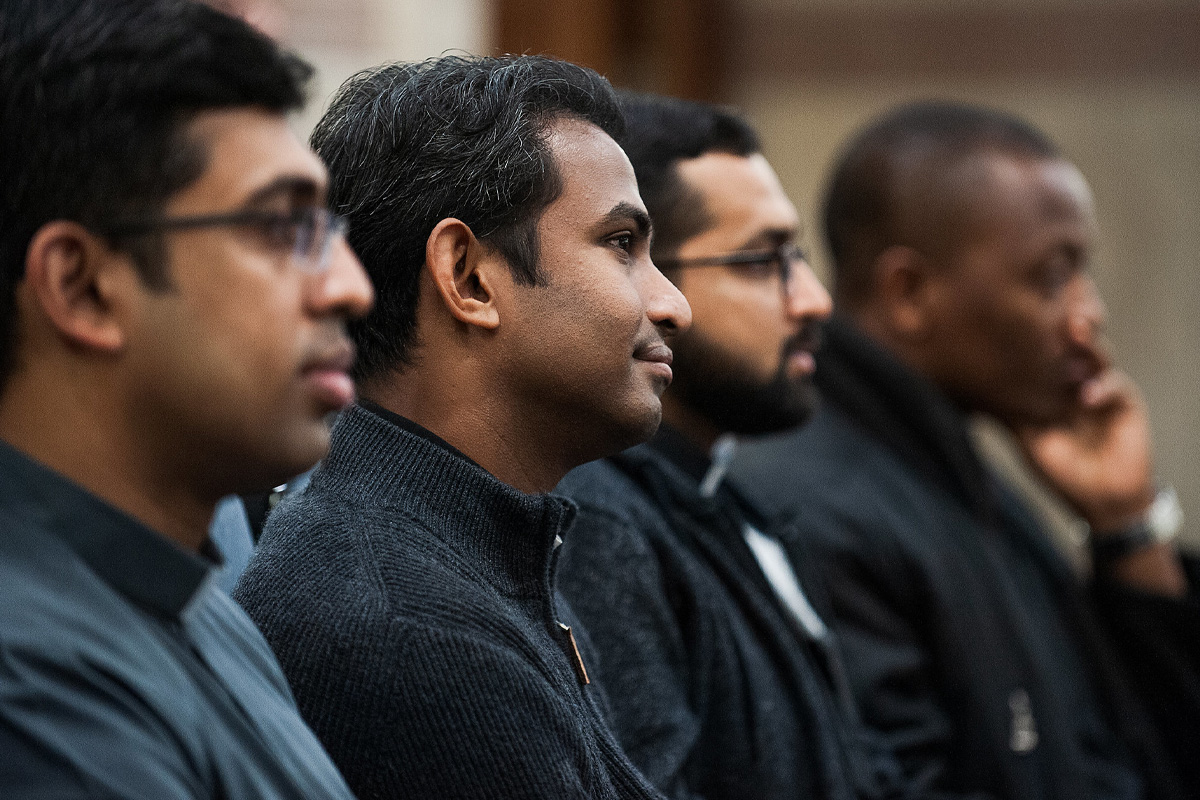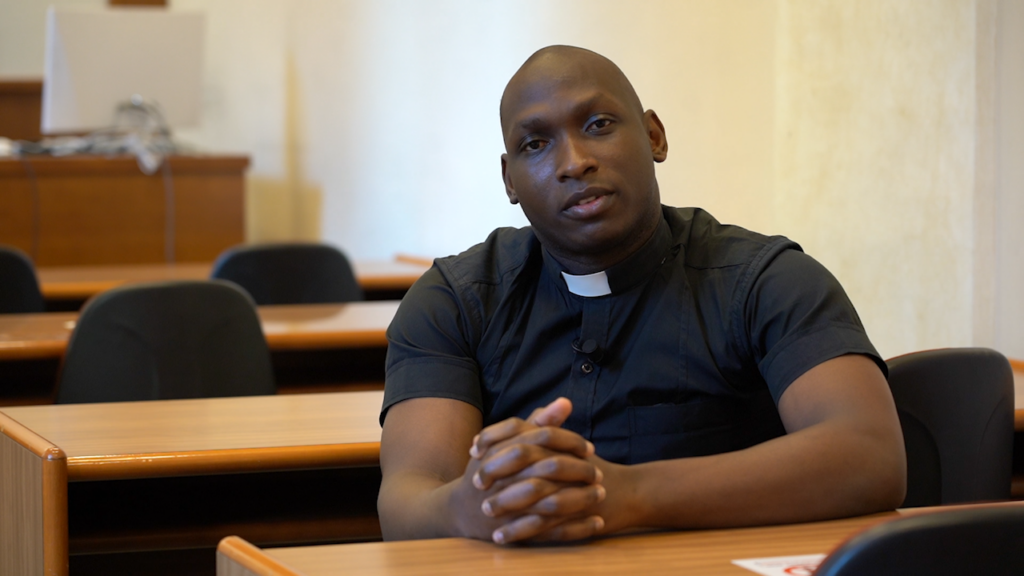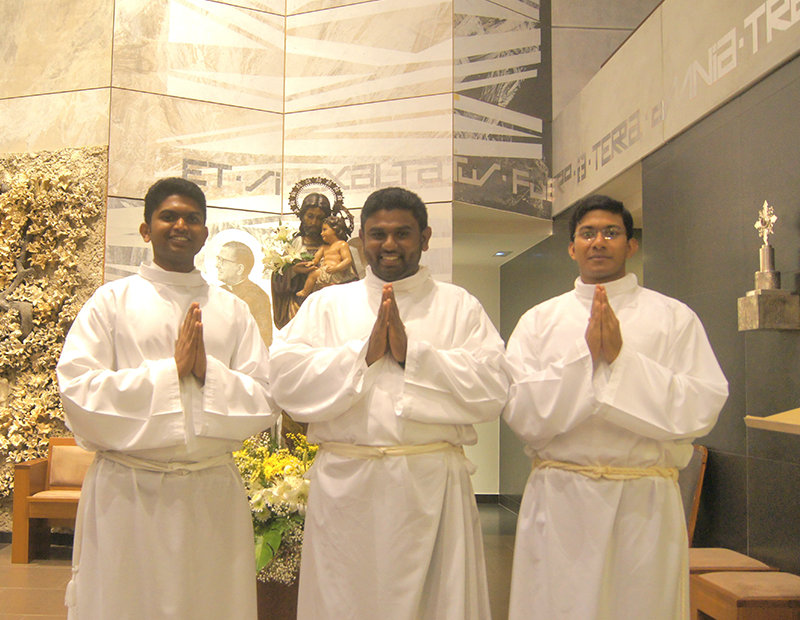
Diocesan Church Day is an opportunity to remember the mission of each diocese as a local community, centered on faith, solidarity and the spiritual accompaniment of all its members. Through the work of priests, seminarians and communities of the faithful, dioceses are the beating heart of the Church, a place where faith is lived in its closest and most personal dimension.
In Spain, we celebrate this day on the second Sunday of November. And this year its motto is: What if what you are looking for is inside you? mainly promoted by the Spanish Episcopal Conference .
The diocese is the ecclesial unit that brings together the faithful of a given region under the direction of a bishop. In it, the priests are in charge of spiritually guiding the faithful, administering the sacraments and making Christ's love present. Each diocese, although it has its own particularity, is part of the universal Church, and its mission is to build the community of believers, transmitting the message of the Gospel in a concrete and accessible way to all.
The diocese is also a place of communion, where the laity, consecrated and clergy unite to work together in evangelization and service to those most in need. This work is vital to strengthen the social and religious fabric, promoting justice, peace and fraternal love.

One of the pillars of the vitality of the dioceses is the formation of new priests. Seminarians, young men preparing to embrace the priesthood, are the future of the Church. Their studies cover not only theological knowledge, but also human and spiritual formation, essential elements to bring the Word of God with authenticity and closeness to the communities.
This is also a good time to reflect on the importance of seminarians and to support them in their journey of discernment. Their vocation, guided by the Holy Spirit, is a generous response to the call to serve others, and their good instruction is essential for them to carry out the pastoral mission of the Church with dedication and love.

Formation, both for priests and seminarians, is key in the process of building the Diocesan Church. This instruction is integral and encompasses academic, spiritual and pastoral aspects. In the dioceses, a constant formation is sought, which allows clerics and seminarians to face the challenges of the modern world without losing the essence of their Christian vocation.
Moreover, it is aimed not only at future priests, but also at the laity, who, through education in the faith, are trained to be authentic disciples of Christ. The study of the laity is essential so that they can live their faith in a committed way and be agents of change in their communities.

It is important to remember that the Church is not only a global institution, but a local community lived and experienced in each diocese. Priests, seminarians, and all members of the diocesan community are called to be missionary disciples, bringing the Gospel message to every corner. Support for seminary and seminary instruction, as well as collaboration with dioceses, is essential so that this commitment continues to be a source of life for the Church and society.
Dioceses are the place where vocations are forged, faith relationships are nurtured and a community based on Gospel values is built. This November 10, let us celebrate the vocation, work and commitment of all those who make possible the mission of the Church in its closest dimension: the diocese.
The CARF Foundation plays a fundamental role in the studies of seminarians and diocesan priests around the world, supporting the vocational journey of those who feel called to serve the Church through priestly ministry. Through its work, the CARF Foundation contributes to the integral preparation of these future priests, offering them the necessary resources for their academic, spiritual and human studies.
Thanks to the generosity of our benefactors, diocesan priests have the opportunity to receive a complete formation that prepares them to serve with dedication and love the communities they entrust to their ministry. This collective effort is vital to strengthening the mission of the Church and, by extension, the Universal Church.